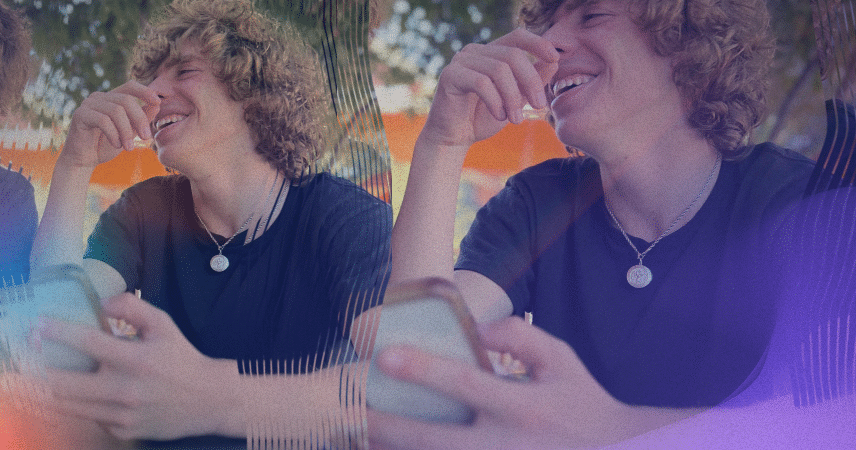Polyamory, Polygamy & Open Relationships: What’s The Difference?

Fortunately, in this case, it’s as easy to learn as it is to be confused. Keep reading to understand better what these concepts are and the differences between them.
Polyamory Vs. Polygamy
These two words are probably transposed most often, but they are different. Both begin with poly which means “many”. This is where things diverge. Amory means “love” while gamy means “marriage”.
What is Polyamory?
Polyamory is the practice of having romantic relationships with multiple people. The key thing to keep in mind here is that polyamory involves the consent of those involved.
What is Polygamy?
Polygamy is the practice of being married to multiple people. This practice is illegal in most places. Polygamy is often associated with religious practices. There is often a lack of full consent in these relationships. For example, women may not have the right to choose who their spouse will be, nor do they get a voice in whether that spouse marries other women. That said, there are absolutely polygamous relationships that involve the full, informed consent of everybody involved.
There are two subsets of polygamy. These are polygyny – the marriage of one man to multiple women and polyandry – the marriage of one woman to multiple men.
Polyamory And Open Relationships
If a person practices polyamory, does this mean they have an open relationship? No. In an open relationship, a committed couple agrees that both of them may have sex outside of the relationship. This differs from polyamory where both may seek out romantic relationships, not just sex.

Polyamory And Ethical Non-Monogamy
Ethical non-monogamy is an approach to relationships that are not monogamous that emphasizes:
-
Honesty
-
Consent
-
Communication
-
Boundaries
-
Consent
When it’s practiced as it should be, polyamory is a type of ethical non-monogamy. So are open relationships. Other forms of ethical non-monogamy include closed V, polyfidelity, relationship anarchy, and others.
Can Polygamy be Ethical Non-Monogamy
This is subjective. Some people believe that something that is against the law is inherently unethical. There may also be some lack of equity in that one relationship is considered to be valid while the others may not be in the eyes of the law. This could put some people in a group marriage at an unfair disadvantage.
On the other hand, if there is full consent and a plan in place to ensure that nobody is exploited in any way, it is possible to practice polygamy ethically.
So, Are All Polyamorous And Open Relationships Ethical?
Not quite. All poly and open relationships should be ethical, just like all monogamous relationships should be. Unfortunately, people don’t always behave in a way that meets that standard. There is always the potential for coercion, dishonesty, or inequality. Some people enter into polyamorous relationships for the wrong reasons, but the same can be said for any other sexual/romantic relationship.
I’ll Never be in a Relationship Like This – Why Should I Care?
A person’s relationships are important to them. Most of us put a lot of thought into who we are going to love, how we are going to behave in the context of that relationship, and how we define what we have with another person(s). Often, these choices are as meaningful to the people involved as the choice to stand in front of loved ones to recite wedding vows.
When you mislabel a person’s relationships you can come off as being something dismissive that they consider to be an important part of who they are.
Final Thoughts: Education Leads to Acceptance
There are many valid ways for people to have romantic, social, and sexual relationships with one another. Poly relationships aren’t new, and they aren’t practiced by people who lack commitment or morals. People have been engaged in these practices for centuries.
The misconceptions that persist about these relationships are largely rooted in ignorance. That’s why education is so important. It creates empathy and understanding, and it humanizes something that someone may not have understood at first.



